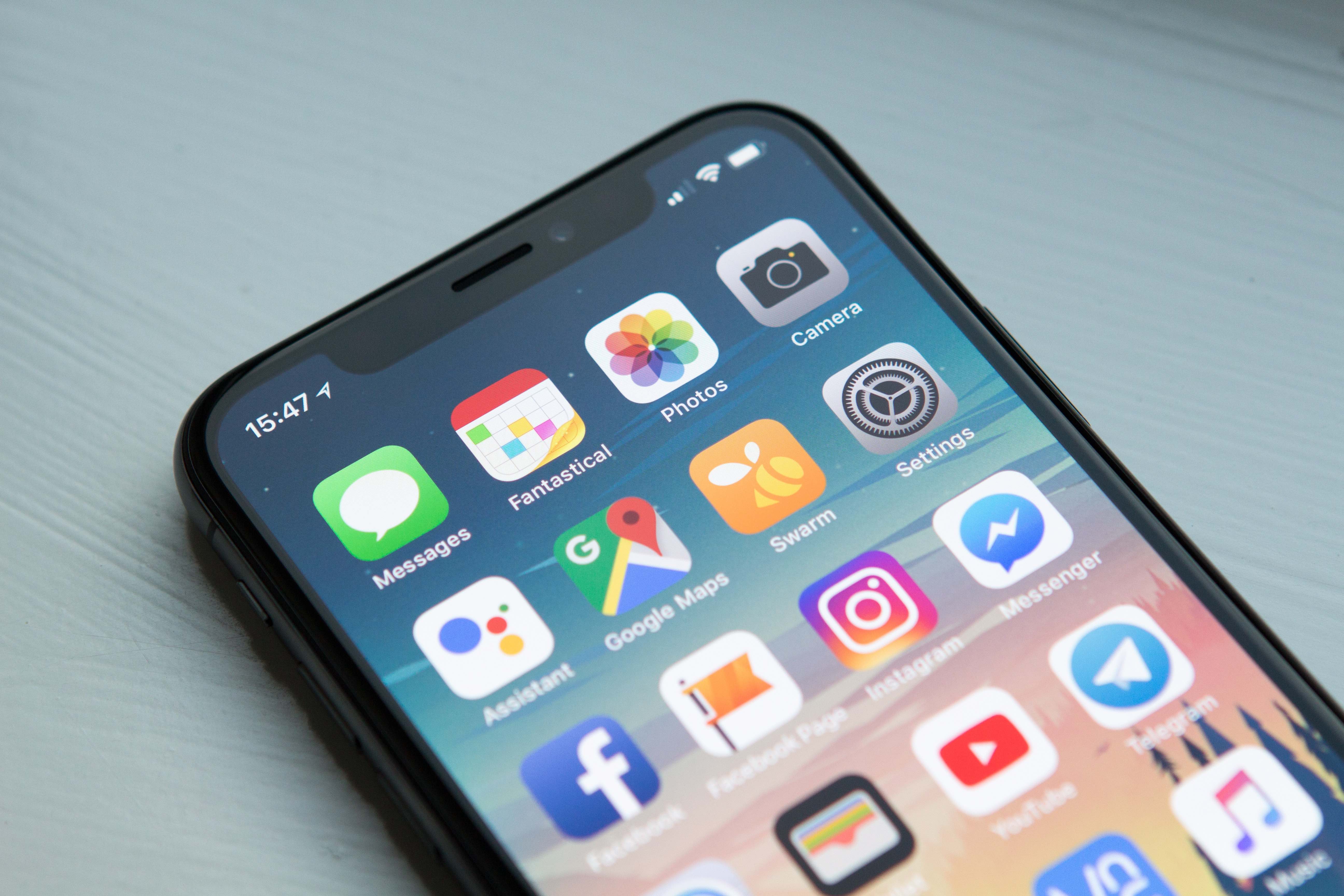The Future of Mobile Gaming: Augmented Reality or Virtual Reality?
Jul 25, 2016
Of all the debates pertaining to the future of mobile gaming, none appear more divisive than augmented reality (AR) vs. virtual reality (VR). Just look at this year’s Casual Connect conference, where multiple sessions were dedicated to making the case for one, the other, or both:
- From the session “Augmented Reality: The Next Frontier for Gaming”: “While VR may be grabbing headlines today, AR is the technology that will win in the long run.”
- From the Reality of AR/VR: “There is nearly as much confusion as there is excitement about augmented and virtual reality. While VR could be big and AR could be bigger (and take longer), there are more questions than answers out there.”
- And from Social VR and the Social Presence: “VR can be portrayed as an isolating experience. However, the inherently interactive nature of VR makes it the ideal medium for social interaction.”
While no one can predict the future with absolute certainty, Apptopia looked at the key performance metrics for thousands of AR and VR games. Here’s what we found.
The Case for AR
Two words: Pokémon Go.
No VR app has come remotely close to being the phenomenon that Pokémon Go has and probably never will; at least not while VR requires the use of cumbersome headsets. Who's going to be carrying those around with them? The same consumers that unilaterally rejected Google Glass?
No, almost certainly, VR games will continue to be played during dedicated “gaming time,” much in the same way that games are played on consoles and PCs now. And with this limited window of use, the chances of achieving the same level of virality that Pokémon Go did is slim to none.
Conversely, AR's biggest strength is in letting users play games on their phone without add-ons. This “play wherever” mechanic has propelled some of the most popular mobile games today, including Clash of Clans, Candy Crush, QuizUp, and Pokémon Go. Publishers and developers that recognize AR’s potential to blend into the everyday routines of users stand to usher in the next iteration of casual gaming.
However, at this point, AR appears to be little more of a gimmick. As we wrote last week, the success of Pokémon Go is owed largely to its IP and not the AR. Not only have users begun switching off the AR component, Apptopia data shows that no other AR app has experienced any residual success from the sudden surge in interest in the technology. To put it simply, AR on it’s own is not enough to entice casual consumers.
The Case for VR
In terms of catching on with mobile gamers, VR is leagues ahead of AR. Over the past few months, Apptopia has been closely monitoring the performance of VR apps in both Google Play and the iOS App Store. Downloads and usage rates have steadily increased, and common themes have emerged among the most popular games. We cover our findings in greater depth in our forthcoming VR report, but essentially the most successful VR games share three common elements—taking users to an exotic locale, providing a thrill, and offering a test run (letting players experience an activity they otherwise might not have done safely, such as skydiving.)
That we were even able to identify common themes across successful games speaks to the rising popularity of VR gaming. The users are there, and they’re making discerning choices.
And then there’s the social component.
Right now VR is an isolated experience. It’s one of the main factors that the pro-AR crowd points to as the reason that VR usage will eventually taper off. However, VR developers are taking steps to correct that. This article in Inverse summarizes the coming smartphone-enabled social mechanics to VR well, writing, “As the technology becomes more ubiquitous, the future of social VR and how we interact in digital environments will expand."
VR may monopolize social gaming long before AR has the potential to challenge it.
Takeaways
As to who will win the future of mobile, the answer is…well, both.
In the near future, VR will become one of the most dominant forms of gaming, as the tech propelling it is simply more advanced than AR. However, as AR mechanics are improved in the coming years, it is likely that we will see more successes similar to Pokêmon Go, especially if an established IP is attached.
Ultimately, there’s room for both. We believe AR will become the new “casual gaming,” taking it’s place alongside current mega games like Clash of Clans and Candy Crush, whereas VR will dominate the realm of more "dedicated" gaming.





